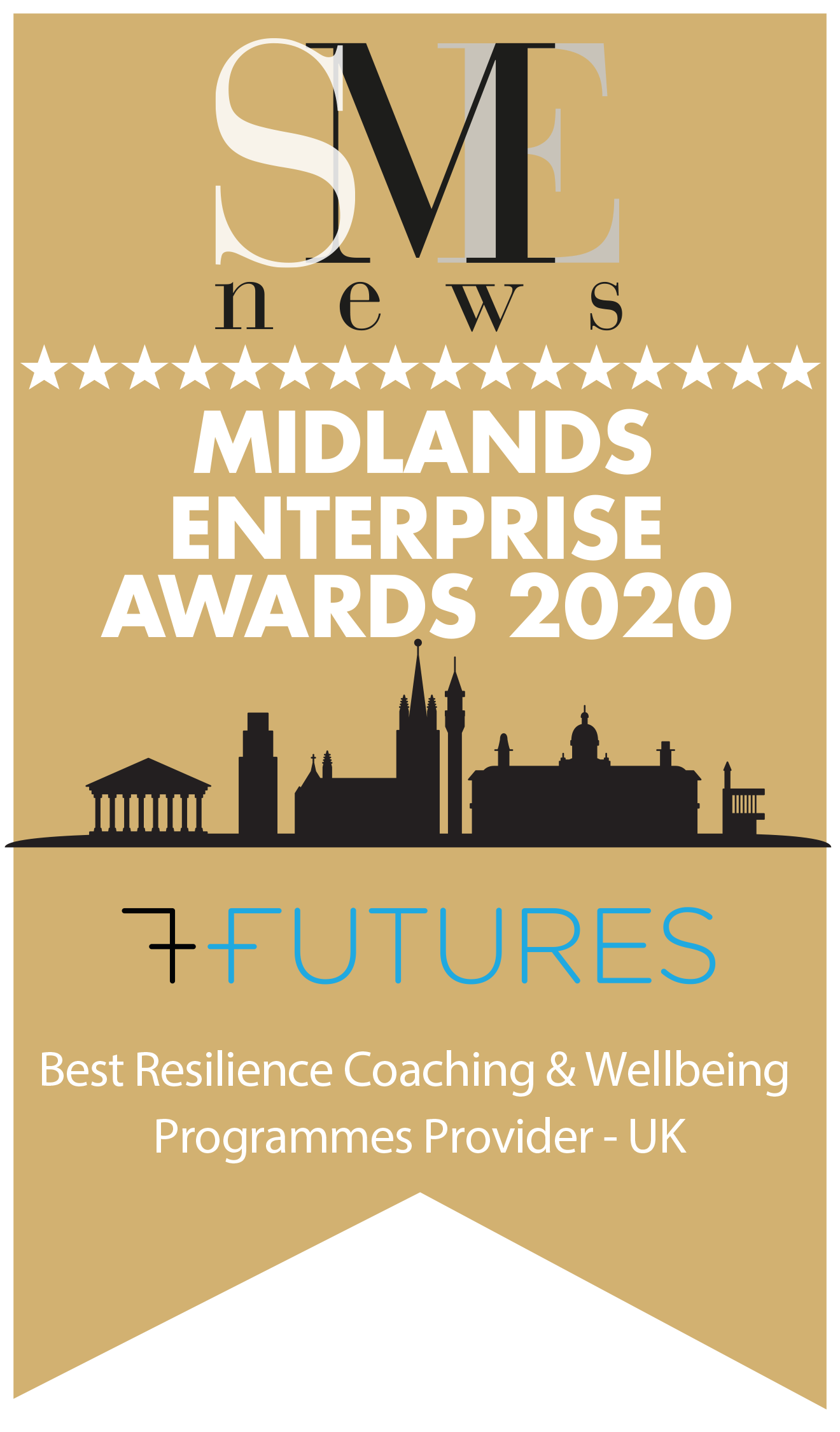DanceEast Retreat January 3rd-6th 2020
Here is a webpage to help remind you of what was covered in Mark's session and links to additional useful information.
(Click on the headings below to view)
Signposting to additional reading on some of the specific topics covered in the workshop
For anyone who believes they have suffered from traumatic stress, at any time in their life, the first two books on the reading list are very helpful. ‘The Body keeps the Score’ is a more demanding read so it may help to start with the ‘8 Keys’ book. This also compares, quite simply and helpfully, the different approaches people can consider to treating trauma.
However none of these excellent books quite pulls together the worlds of stress, trauma, resilience, wellbeing, mindfulness and performance...the closest is probably Buddha's Brain but he doesn't really address the difference between chronic stress and traumatic stress and does not consider how to build capacity for greater performance. So I have created this short summary to help accompany the slides....please click here to read it.
Please note this is written for a general audience and not for dancers or elite performers. I am currently reflecting on what can be created to help bring more powerful links between the somatic awareness you have embodied throughout your careers and a new type of attention you can bring to that awareness. Already one of your colleagues, Zhibo, has sent me a very interesting article which I am sure will help my thinking. If anyone has any further thoughts or questions to help stimulate me on this don't be shy! With respect to some additional points that may help you as elite performers, I would suggest:
do not forget that mental strength and resilience are different and as elite, dedicated performers it can be your mental strength and tolerance to pain and discomfort which can cause a decline in mental and physical wellbeing in the long-term
any type of uncertainty or unpredictability can feel challenging and threatening to most humans and it causes stress hormones to be triggered...so as you transition through your career please recognise this as normal and use tools to help trigger the relaxation response (the polar bear doesn't need yoga because it hasn't a thinking brain that overrides the relaxation response)
you probably have a better capacity for stress (i.e. you can adapt successfully through the experience of new stress) than most people because of your training and physical fitness but also because dance is a social experience...we are social mammals and need each other...our social engagement system develops in the first two years of our lives through effective parenting/child care. It is our first and most energy efficient (least tiring) form of stress response. So please don't abuse this with too much poor coping habits (alcohol, drugs, junk food etc.)! In a sense you have more to lose than most by neglecting your rest, recovery and close friendships.
if you find it hard to relax, it's a sign you need to do something about it. This is not uncommon for high performers as it can become a habit which the nervous system becomes used to...it can feel restless when not feeling energetic and on the move. If this is a concern for you please contact me. It is very common in military people when they return from war.
We'll develop more specific thinking in due course but hope this helps.
In addition to the summary learning you may find this article helpful. Click here to read. It was one I drafted for an executive coaching magazine. It has some additional perspectives to those in the summary of learning.
Furthermore, below are some some audio links to two techniques. exercise. Please read the instructions here before listening to the download. It has important information about the nature of such techniques, the preparation you may find helpful and also safety guidelines for anyone who has experienced trauma/significant stress. Or, if my voice drives you crazy you can use the scripts instead! I actually think it is better once you have understood the techniques not to use audio prompts because in a way it defeats the purpose...you are trying to develop your own attentional awareness of your body and emotions/feelings rather than following an external stimulus. Once you have read the guide please click on the arrow and wait for the audio to begin playing (may take a few seconds). Again, I'm going to think about how these techniques can be refined and enhanced for your world.
If anyone has experienced trauma/significant stress then please contact us before commencing the technique and we can provide you with some safety guidelines.
If you have any queries about the content or wish for any further information on anything that seems particularly relevant to you or your family please do not hesitate to email me mark@7futures.com or jo@7futures.com
many thanks
Mark
© 2012 7Futures Ltd. Registered Office: Laurel Drive, 7 George Fox Lane, Fenny Drayton, Nuneaton, Warwickshire, CV13 6BE.Registered in England and Wales No. 7945762
© 2012 7Futures Ltd. 7Futures Ltd offers general information which is for educational purposes only. The information provided here is not a prescription system and is not intended to be a substitute for professional exercise or medical advice, diagnosis, or treatment. This article is for general information purposes only and should not be read as a personal recommendation for changes in lifestyle behaviour, nutrition, or exercise. 7Futures cannot be held responsible for any injury or illness relating to any such lifestyle or behavioural changes undertaken.








